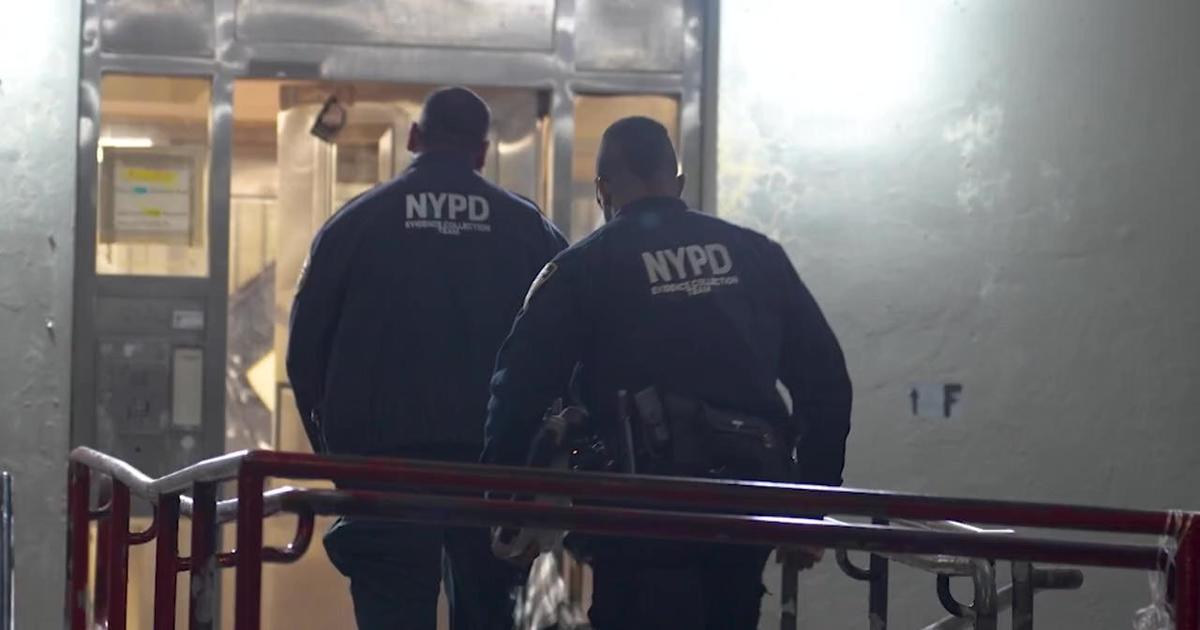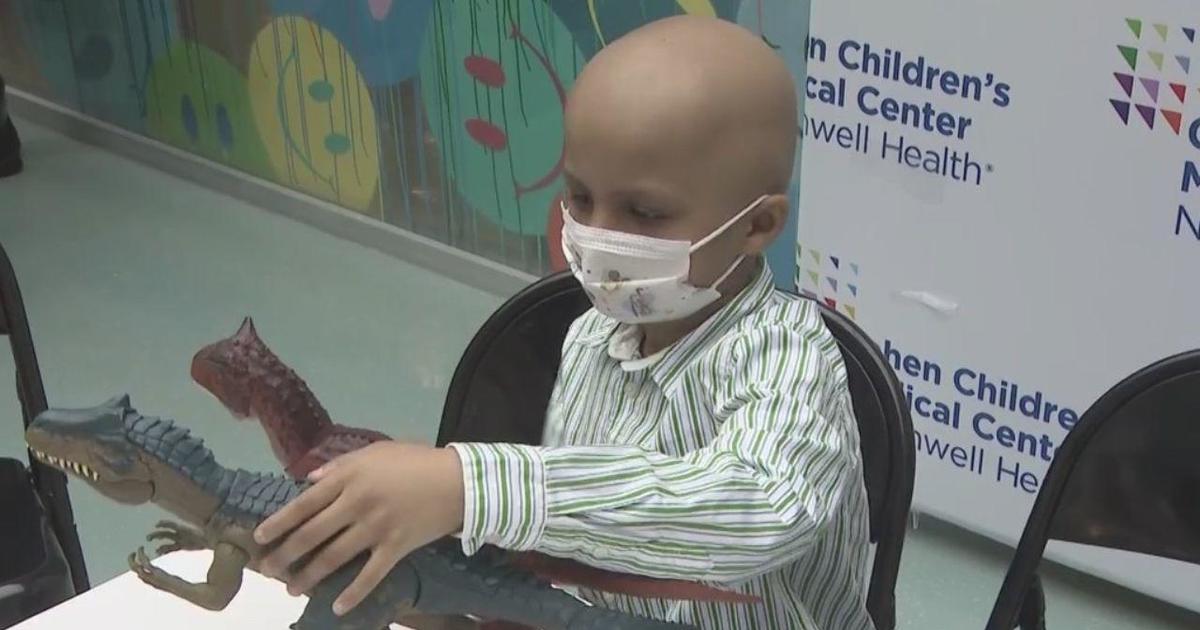Report: Retired NJ State Employees 'Gaming The System' With Double-Dipping
NEW YORK (CBSNewYork) - An investigative report found New Jersey taxpayers are currently spending $12 million a year on so-called double-dippers - retired state employees who have gone back to work for the same employer.
According to an investigation by Mark Lagerkvist of New Jersey Watchdog, a news website devoted to public service journalism, 22 retired state police currently earn a pension and a salary.
"They typically go back into the same type of work that they retired from. Quite frankly, they go back to work as police investigators," Lagerkvist told WCBS 880's Wayne Cabot. "A lot of these guys retire when they're in their mid-40s, maybe their early 50s and then they go back to work for a second career."
Report: Retired NJ State Employees 'Gaming The System' With Double-Dipping
Lagerkvist said the double-dipping is making a big dent in the state's finances.
"They're draining money out of the pension fund that's in trouble in New Jersey - $42 billion shortfall they're estimating," said Lagerkvist. "And on the other hand, they're getting money from taxpayers directly in terms of salary."
Gov. Chris Christie has railed against double-dippers. But Lagerkvist said it's disconcerting that there is not much outrage from elected officials about the practice.
"In New Jersey, this is almost business as usual," Lagerkvist told Cabot. "They're gaming the system."
A current state senator is a triple-dipper, according to Lagerkvist. Fred Madden currently receives a state police pension, a salary as a state legislator and a salary as a police academy dean.
Madden earns roughly $250,000 a year between the three incomes, said Lagerkvist.
What do you think of the practice? Is it fair game for retired state workers to go back to public service? Sound off in the comments section below...



